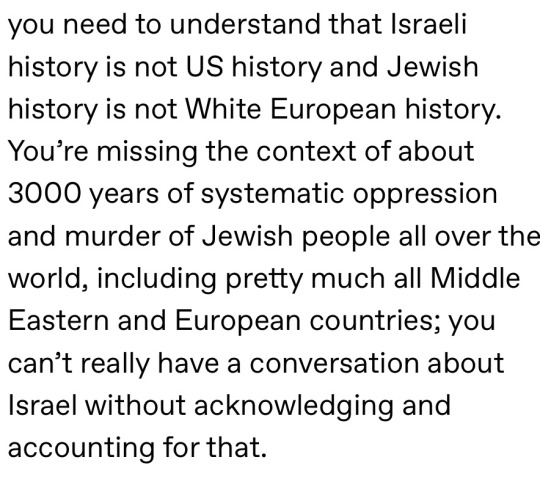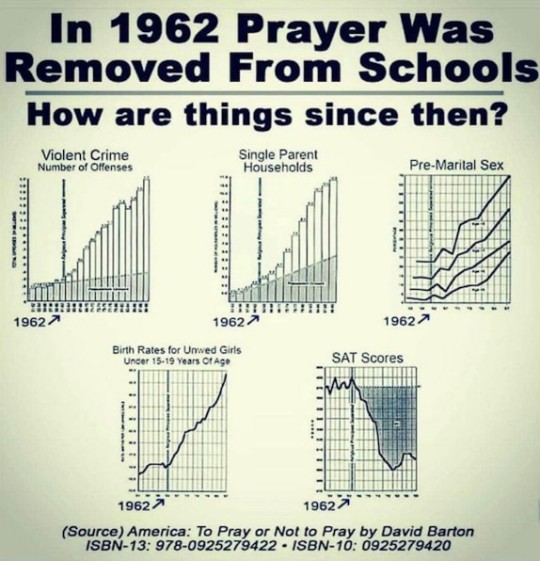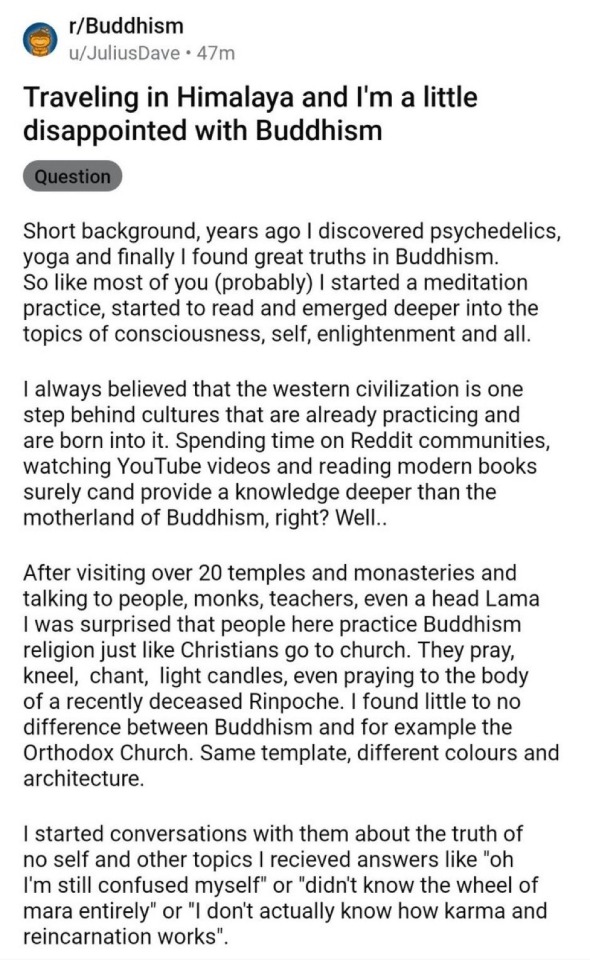Text
"The code applied most closely to gentlemen's sons who found themselves at a loose end in the country; their fathers or brothers held the land titles and were occupied in supervising estates, leaving them to be somewhat surplus to requirements. Clutching their patchwork of small inheritances and allowances;, they congregated in London and forged a small subculture. Their bad behavior carried a defiant tone, a devil-may-care performance that masked a need to fit in with their fellows, if not with the strictures of more mainstream society. They took special care over their appearance, investing heavily in fine fabrics and fashionable clothing and adopting a distinctive long-haired look that contrasted sharply with that of the citizens they lived among. They spent their time in a small number of well-known locations, St Paul's in particular, where significant concentrations of their fellows would gather. They were young and notoriously touchy and they liked to believe that they were superior to those around them. They got up late in the morning, frequented the theatre and other public entertainments, drank heavily, took up smoking with enthusiasm and indulged in rude and loutish behaviour at the inns, taverns, and alehouses where they ate their meals. (Anyone who tries to tell you that teenage subcultures were invented in the second half of the twentieth century is sadly lacking in historical perspective.)"
- How to Behave Badly in Elizabethan England, Ruth Goodman, pages 288-289
0 notes
Text
No woman should die in childbirth.
No child should die from abortion.
398 notes
·
View notes
Text
Loving that brand of antisemitism denouncement that basically goes “I know that Jews are greedy, genocidal baby-killers who are colonizing Palestine and making baseless accusations of antisemitism to cover it up, but remember not to be antisemitic to them because of it! #jewishally”
Just so much fun. No notes.
637 notes
·
View notes
Text
Book Based Descendants Writing Prompts (Part 1);
Write about the time(s) gave Captain Hook gave Harry his three most prized possessions—his handheld hook, his jacket (that belonged to Hook when he was his age), and the lost revenge (which was won in a race).
Write about the hairy goblin who worked at the slop shop and had a crush on Uma (Moe was his name) and slipped her an unreadable note, and the crew teasing her about it.
Write about Uma and her crew pranking the Dragon Hall kids.
Write about the sea three’s clubs (Croc Wrestling, Competitive lifting, Shark Swim Team,Rat Trapping, sea ponies, and the scammers and pickpockets). Note: Harry founded the scammers and pickpockets club.
Write about Uma and Mal’s big blow out when they were kids.
Write about Diego’s band, the bad apples, and Carlos’s feelings on it.
Write about the time Harry stole Cruella’s red car.
Write about Gil’s demanding stepmother and how it has led to his dad neglecting him.
Write about Jay’s electric eels (Lagan and Derelict), Evie’s Parrot (Othello), and Carlos’ cat, Beezelbub.
Write about the time Mal betrayed Maddy—smashing her dolls and damaging her purple hair (causing it to turn teal).
Write about the lunches and dinners Audrey used to spend with Ben, Chad Lonnie, Jane, and Doug, and how they slowly halted to a stop.
Write about the jousting class Ben took as a child with Jordan.
Write about the vks finding out about Ben’s disastrous meeting with the Sidekicks’ Union.
89 notes
·
View notes
Text


111 notes
·
View notes
Text

@thisgingerhasnosoul
this just couldn’t get lost in a post’s replies and deserved a post of it’s own.
1K notes
·
View notes
Text
The expression "like lambs to the slaughter" is taken from a verse in Psalms (44:23; see also Isaiah 53:7) in which the psalmist describes Jews dying for God's sake, and beseeches God not to hide His face from the Jews' affliction. These very words had been cited years earlier, when poet Abba Kovner called on his fellow Vilna Jews to revolt: "We will not be led like sheep to the slaughter....Brothers! It is better to die fighting like free men than to live at the mercy of the murderers. Arise! Arise [and fight] with your last breath!" (January 1, 1942).
While a significant number of Jews did rebel, there are several reasons why the overwhelming majority did not. The most important reason is that almost no Jews had weapons, and arms and legs are of little utility against machine guns and an organized army. (Indeed, while most American Jews support gun-control laws, the few Jews I know who oppose them invariably argue that had European Jewry been armed, many more Jews might have survived.) Few people realize that because of their lack of arms, almost none of the several million prisoners taken by the Germans fought back, including several million Russian soldiers, a large percentage of whom died in Nazi camps.
There was also a moral reason for the relatively low number of revolts: The Jews knew that other Jews would be the ultimate victims of any act of rebellion, even a successful one: The Germans would murder them in retaliation. A prominent Jewish philosopher has articulated the moral dilemma that would-be resisters confronted:
"Was it morally right to kill an SS officer if, as a consequence, hundreds and even thousands of men, women, and children would perish immediately?"
- Eliezer Berkovitz (1910-1993), Faith After the Holocaust, page 30
In one notable case, Jewish fighters attacked a German police detachment in the old Jewish quarter of Amsterdam; the German response was terrible:
"Four hundred and thirty Jews were arrested in reprisal and they were literally tortured to death, first in Buchenwald and then in the Austrian camp of Mauthausen. For months on end they died a thousand deaths, and every single one of them would have envied his brethren in Auschwitz, and even in Riga and Minsk. There exist many things considerably worse than death, and the SS saw to it that none of them was ever very far from their victims' minds and imagination."
- K Shabbetai, As Sheep to the Slaughter? The Myth of Cowardice. The survivors' sensitivity to charges of cowardice is underscored by the fact that Shabbetai's book was published by the World Federation of Bergen-Belsen Survivors' Association.
Yet many instances of Jewish resistance did still occur, the most famous in the Warsaw Ghetto:
"The dream of my life has become true. Jewish self-defense in the Warsaw Ghetto has become a fact. Jewish armed resistance and retaliation have become a reality. I have been witness to the magnificent heroic struggle of the Jewish fighters."
- Mordechai Anielewicz, April 23, 1943, four days after the outbreak of the Warsaw Ghetto revolt, in a note to Yitzchak Zuckerman, a unit commander in the revolt
Only twenty-four years old when he helped organize the Warsaw Ghetto revolt, Anielewicz realized that the Germans intended to deport and murder every remaining Jew in Warsaw. The revilt was triggered by word that yet another Nazi deportation was imminent.
The Warsaw Ghetto fighters held out for about a month, longer than the Polish army withstood the 1939 Nazi invasion.
Yitzchak Zuckerman, the heroic unit commander to whom Anielewicz addressed the above note, was among the few Warsaw Ghetto fighters who survived the war. Some forty years later, he was interviewed by Claude Lanzmann for the movie Shoah:
"I began drinking after the war. It was very difficult....You asked my impression. If you could lick my heart, it would poison you."
Despite the Warsaw Ghetto revolt and other acts of resistance, during the 1961 Eichmann trial it became fashionable among some Jews and non-Jews alike to express shock and a certain contempt for those Jews who "failed to resist." Elie Wiesel responded:
"The Talmud teaches man never to judge his friend until he has been in his place. But, for the world, the Jews are not friends. They have never been. Because they had no friends they are dead. So learn to be silent."
- Elie Wiesel, "A Plea for the Dead"
- Jewish Wisdom, Rabbi Joseph Telushkin, pages 532-535
37 notes
·
View notes
Text
Silly little Descendants headcanon:
Whenever Anthony speaks French, his voice gets deeper. Nobody knows why, it just happens. His own working theory is that French is spoken in the throat/inside the mouth(?) so it sounds lower than English.
39 notes
·
View notes
Text

WHY ARE THESE THE FIRST SUGGESTIONS THAT COME UP WHEN I TYPE THE WORD 'JEWS' INTO THE TAGS
6 notes
·
View notes
Text
Arab Israeli Muslims Protesting to bring back the Israeli Hostages

"B....But the Apartheid!"
"You're the victims!"
608 notes
·
View notes
Text
"There is a story about Claire Boothe Luce complaining that she was bored with hearing about the Holocaust. A Jewish friend of hers said her perfectly understood her sensitivity to the matter; in fact, he had the same sense of repetitiousness and fatigue, hearing so often about the crucifixion.
- Herbert Gold, Selfish Like Me; cited in Cynthia Ozick's prologue to Gay Block and Malka Drucker's Rescuers: Portraits of Moral Courage in the Holocaust, page xi
Elie Wiesel has expressed a similar thought, albeit in a less confrontational manner:
One Jew was put to death in Jerusalem two thousand years ago and the non-Jewish world has not ceased to speak of his death. Do we [Jews] not have the right, the duty, to keep alive the memory of the six million dead?"
- Elie Wiesel, cited in Eva Fleischner, Auschwitz: Beginning of a New Era, page xi
- Jewish Wisdom, Rabbi Joseph Telushkin, page 515
#rabbi joseph telushkin#jewish wisdom#jewish history#judaism#jews#jews and judaism#the holocaust#holocaust#world war ii
0 notes
Text
I'm still just blown away at the audacity of someone insisting that Jerusalem's name is not Jerusalem, but Al-Quds. That those evil Jews have *checks notes* have colonized the original name *checks notes* 1700 years before the Arab conquest of the Levant.
Jerusalem has been continuously inhabited since 3000 BCE. It is a 5000 year old city (which is bananas by itself.) Jews have been there continuously (in varying degrees) since 1000 BCE. The Arab conquest of the Levant occurred in the 700s CE. Egyptian tablets that reference the city in the 14th century BCE call it Urusalim (that's before the Israelites mind, that's still Canaanite time period) and other references extend back to 1900 BCE.
The oldest NON-Biblical HEBREW reference to Jerusalem is from the 7th century BCE. That's 1400 years before the Arab Conquest of the Levant.
I'm begging you to not pick and choose what history you read of this region. It's so cool - Bronze and early Iron Age history in West Asia is incredible! And in case you haven't noticed, a lot of it still matters and has shaped current events.
Lying about things like this isn't a gotcha for assertions of a VERY modern concept of Colonialism - very modern in comparison to a 5000 year old city.
The Arabs conquered Jerusalem (which wasn't colonizing because that wasn't a thing in the time period and it makes no sense in assigning a modern concept to ancient behavior.) And the Arabs called it something else. But the people from the region, the people who stayed and the people who had been expelled STILL called it by the old name. Don't you dare say that's the same thing as the colonial act of changing a name. The name Jerusalem is one of the oldest surviving concepts in the whole world. And I for one will observe the old ways.
809 notes
·
View notes
Text
“You have enemies? Good. That means you’ve stood up for something, sometime in your life.”
— - Winston Churchill
255 notes
·
View notes



